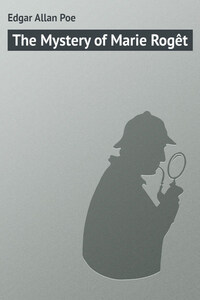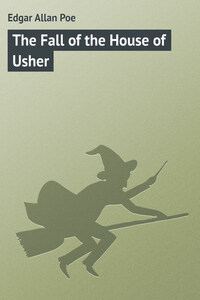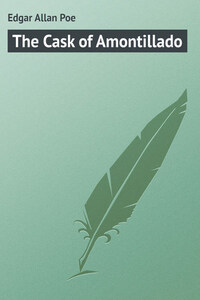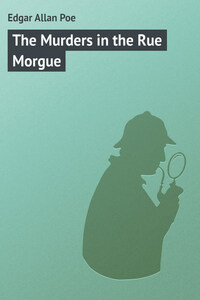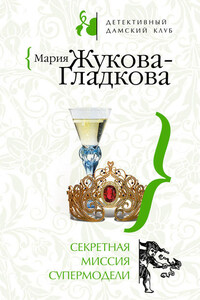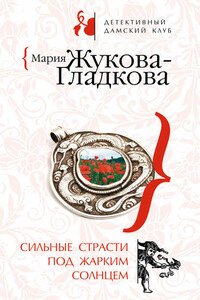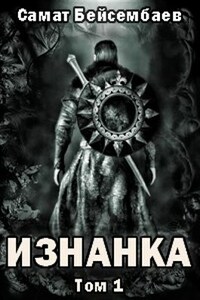The Mystery of Marie Rogêt
There are ideal series of events which run parallel with the real ones. They rarely coincide. Men and circumstances generally modify the ideal train of events, so that it seems imperfect, and its consequences are equally imperfect. Thus with the Reformation; instead of Protestantism came Lutheranism.
Novalis. Moral Ansichten.
Upon the original publication of “Marie Rogêt,” the footnotes now appended were considered unnecessary; but the lapse of several years since the tragedy upon which the tale is based, renders it expedient to give them, and also to say a few words in explanation of the general design. A young girl, Mary Cecilia Rogers, was murdered in the vicinity of New York; and although her death occasioned an intense and long-enduring excitement, the mystery attending it had remained unsolved at the period when the present paper was written and published (November, 1842). Herein, under pretence of relating the fate of a Parisian grisette, the author has followed, in minute detail, the essential, while merely paralleling the inessential, facts of the real murder of Mary Rogers. Thus all argument upon the fiction is applicable to the truth; and the investigation of the truth was the object.
The Mystery of Marie Rogêt was composed at a distance from the scene of the atrocity, and with no other means of investigation than the newspapers afforded. Thus much escaped the writer of which he could have availed himself had he been upon the spot and visited the localities. It may not be improper to record, nevertheless, that the confessions of two persons (one of them the Madame Deluc of the narrative), made, at different periods, long subsequent to the publication, confirmed, in full, not only the general conclusion, but absolutely all the chief hypothetical details by which that conclusion was attained.
There are few persons, even among the calmest thinkers, who have not occasionally been startled into a vague yet thrilling half-credence in the supernatural, by coincidences of so seemingly marvellous a character that, as mere coincidences, the intellect has been unable to receive them. Such sentiments – for the half-credences of which I speak have never the full force of thought—such sentiments are seldom thoroughly stifled unless by reference to the doctrine of chance, or, as it is technically termed, the Calculus of Probabilities. Now this Calculus is, in its essence, purely mathematical; and thus we have the anomaly of the most rigidly exact in science applied to the shadow and spirituality of the most intangible in speculation.
